2015 China
5 April, Qufu
Huancheng Hotel 98CNY
Qufu is
hometown of the “great sage Confucius* and his descendents the Kong clan”. We
walked the Confucius Forest, “a cemetery of pine and cypress covering 200
hectares bounded by a 10km-long wall”. Confucius died in 479BC and was
originally buried “on the bank of the Si River beneath a simple marker”. In
140BC, after ... “Emperor Wudi deemed Confucianism the only worthy school of
thought”, the Tomb of Confucius “became a place of pilgrimage”. The tomb
comprises a simple grassy mound faced with a stone marker. The “sage’s son and
grandson are buried nearby”. (Lonely Planet) What we found astonishing is that in
the almost 2500 years since Confucius died, over 100,000 of his descendents have
been buried in this forest, deemed “the largest and longest-standing family
cemetery in the world”. A chilly Sunday in Qufu, the mainly Chinese tourists shopping
for hats and candy and street food. The Chinese always notice Charl and I, but
seem particularly taken with Charl. We can’t decide if this is because of his
grey-blue eyes, grey facial hair, or shorts – probably a combination. Anyway,
he is regularly approached by giggling girls, friendly men and charming family
groups requesting to have their photo taken with him. He is a patient man,
always agreeing with a smile. Like many Asians, the Chinese take an enormous
number of photographs of themselves. I often wonder what they say to friends
and family when they get home: “here’s me at the entrance to the forest”; “here’s
me on the bridge after the entrance to the forest”; “here’s me in front of the
tomb”; “here’s me making a peace sign exiting the forest”... And then somewhere
in there is a photo of them smiling with a stranger, a tall foreigner with blue
eyes and a grey beard. Such fun.
* “Confucius
... was a Chinese teacher, editor, politician, and philosopher of the Spring
and Autumn period of Chinese history.
The
philosophy of Confucius emphasized personal and governmental morality,
correctness of social relationships, justice and sincerity. His followers
competed successfully with many other schools during the Hundred Schools of
Thought era only to be suppressed in favor of the Legalists during the Qin
Dynasty. Following the victory of Han over Chu after the collapse of Qin,
Confucius’s thoughts received official sanction and were further developed into
a system known as Confucianism.
Confucius
is traditionally credited with having authored or edited many of the Chinese
classic texts including all of the Five Classics, but modern scholars are
cautious of attributing specific assertions to Confucius himself. Aphorisms
concerning his teachings were compiled in the Analects, but only many years
after his death.
Confucius’s
principles had a basis in common Chinese tradition and belief. He championed
strong family loyalty, ancestor worship, respect of elders by their children
and of husbands by their wives. He also recommended family as a basis for ideal
government. He espoused the well-known principle “Do not do to others what you
do not want done to yourself”, an early version of the Golden Rule.”
(Wikipedia)
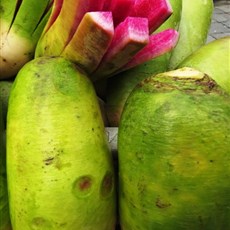
Qufu

Qufu
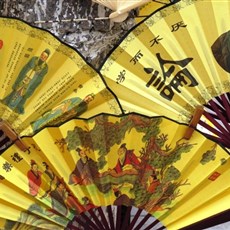
Qufu
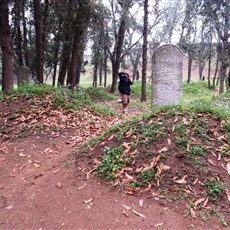
Confucius Forest - burial mounds
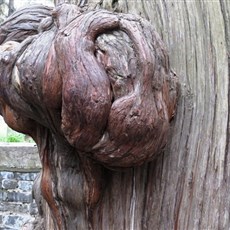
Confucius Forest
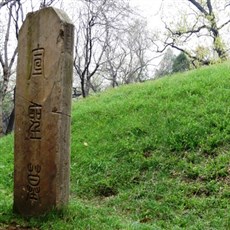
Confucius tomb
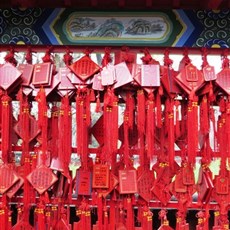
Confucius tomb
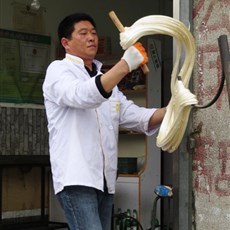
Candy maker

Candy maker
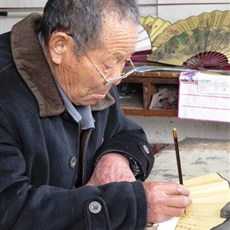
Qufu